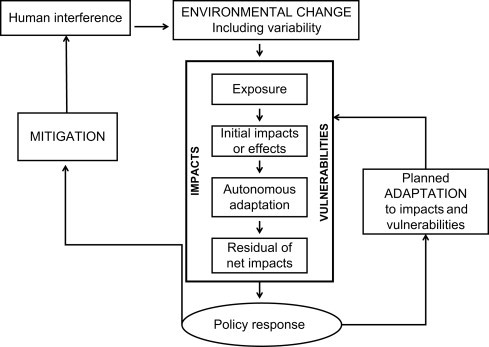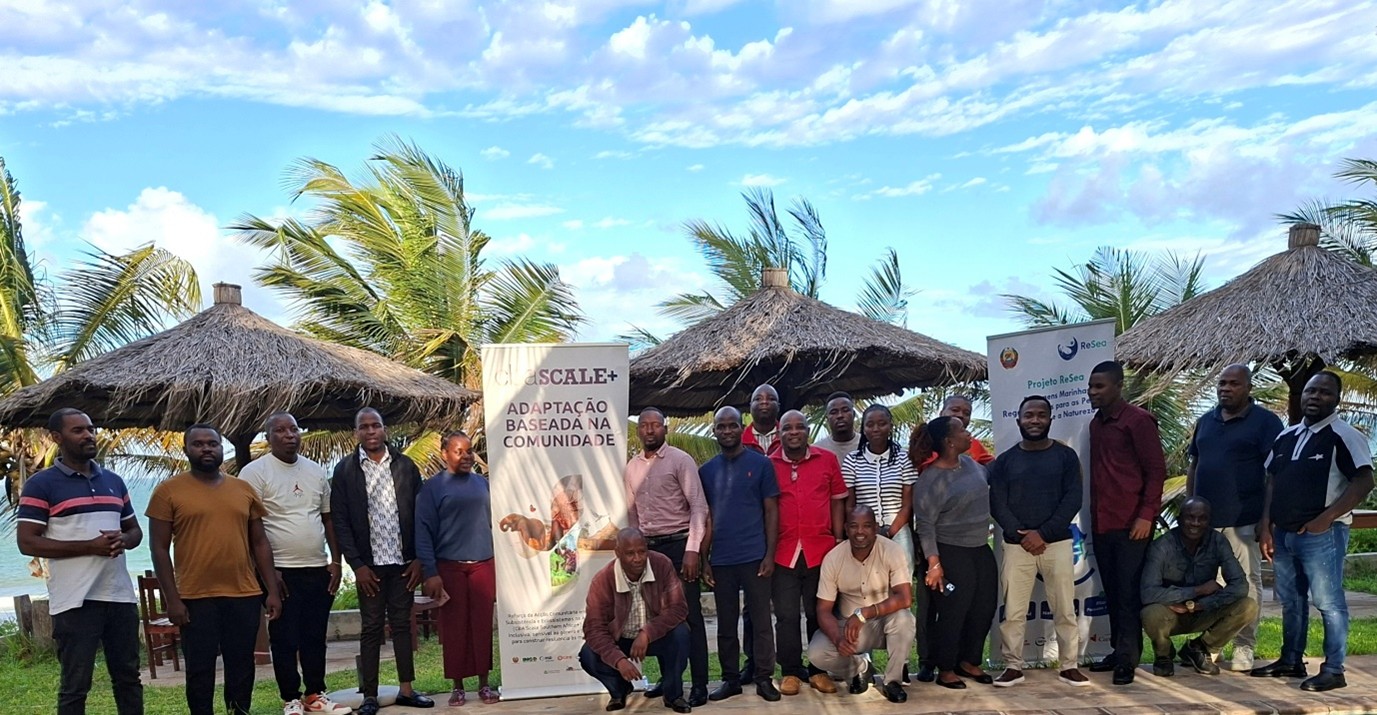Mitigation and Adaptation Strategies to Reduce Climate Vulnerabilities and Maintain Ecosystem Services
Nearly every region on earth is rapidly changing due to human activity, so severe repercussions for human well-being are almost inevitable. Strategies used to address the effects of climate change often come with their own residual effects, so strategies need to account for how climate solutions could affect the entire ecosystem, rather than focusing on human interests. Mitigation involves reducing GHG emissions at their main sources including transportation, agriculture, and energy production. This seems to be the most effective way to address the direct effects of climate change. Another method is adaptation, which includes restoring damaged ecosystems to restore biodiversity, implementing adaptive land use strategies, and conserving existing ecosystems. The environment is an incredibly complex system, so securing the success of future generations will require close interdisciplinary research and communication between scientists, engineers, policymakers, and other stakeholders.

Abstract
Increasing temperatures and altered precipitation regimes associated with human-caused changes in the earth s climate are having substantial impacts on ecological systems and human well-being. Maintaining functioning ecosystems, the provision of ecosystem services, and healthy human populations into the future will require integrating adaptation and mitigation strategies. Adaptation strategies are actions that help human and natural systems accommodate changes. Mitigation strategies are actions that reduce anthropogenic influences on climate. Here, we provide an overview of what will likely be some of the most effective and most important mitigation and adaptation strategies for addressing climate change. In addition to describing the ways in which these strategies can address impacts to natural and human systems, we discuss the social considerations that we believe must be incorporated into the development and application of mitigation or adaptation strategies to address political situations, cultural differences, and economic limitations.
What is Your Reaction?
 Like
0
Like
0
 Dislike
0
Dislike
0
 Love
0
Love
0
 Funny
0
Funny
0
 Angry
0
Angry
0
 Sad
0
Sad
0
 Wow
0
Wow
0













































































